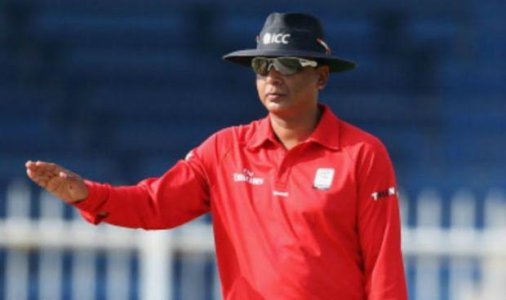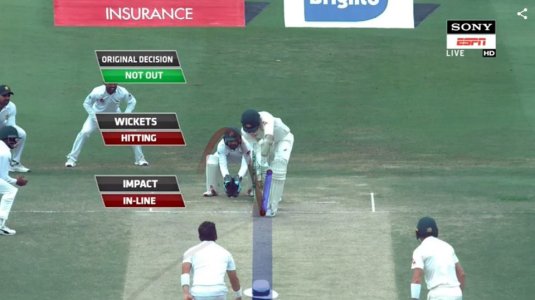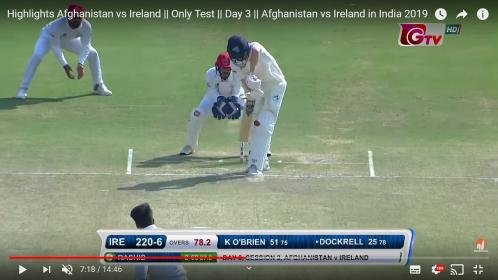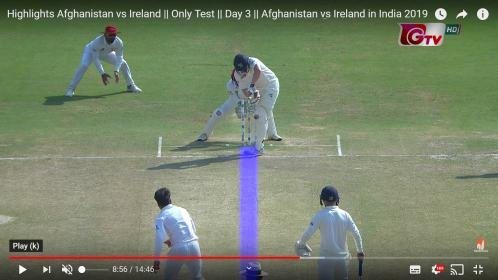Standards Have Improved: Indian Umpires Hit Back After No Ball Controversy
"If this (the Malinga no-ball) had happened in the first, second or third overs of the game, I can tell you 100% surely that the umpire would have called it. The soil on the pitch becomes loose after a few overs. The line tends to go off even if it's re-drawn. It's too tough for the umpires to call no balls towards the end of the games. On a loose turf, when the bowler keeps landing on the pitch, the line doesn't stay. From side view, we'll see the line because it's a two-dimensional image, and sometimes the lines are clearer outside the turf so the viewer thinks it's there. There will be a parallax error."
Or, the reasons could just be human error.
"There is not just one reason for an umpiring error, but a host of things contribute to it," says Hariharan.
"Fatigue, for starters could be one of the biggest reasons. Also, how agile an umpire is on a given day plays its part. Something as basic as sweating can result in lapse of concentration, that can lead to a bad decision, which can change the course of the match. So, you can never rule out the possibility of human error. Despite giving it your best you can never be sure of giving error-free judgements."
Even if Ravi had a slight suspicion that Malinga had overstepped, he can't call it a no-ball unless he's 100% sure.
"According to the ICC guidelines for the umpires, unless sure, a decision that cannot be reviewed or referred to the third umpire, should not be made. That is because if you get it wrong, the decision cannot be overturned," explains Hariharan.
Cricket laws, with reason, do not allow for no-balls to be overturned. The scenario was seen in Bangladesh's T20I series against Windies last year when Liton Das was dismissed by Oshane Thomas, only for umpire Tanvir Ahmed to call the delivery a no-ball. Replays showed Thomas was well within the line, but the decision was not overturned and Das batted on, despite Windies' protests.
Thus, umpires play it safe when it comes to no-balls. Big events - like dismissals - can always be checked and corrected. But the bigger issue that authorities must now decide on is: are dismissals the only big events? Isn't every ball important? Well, for now, this is the best trade-off available.
https://www.news18.com/cricketnext/...t-back-after-no-ball-controversy-2083657.html











 )
) 




